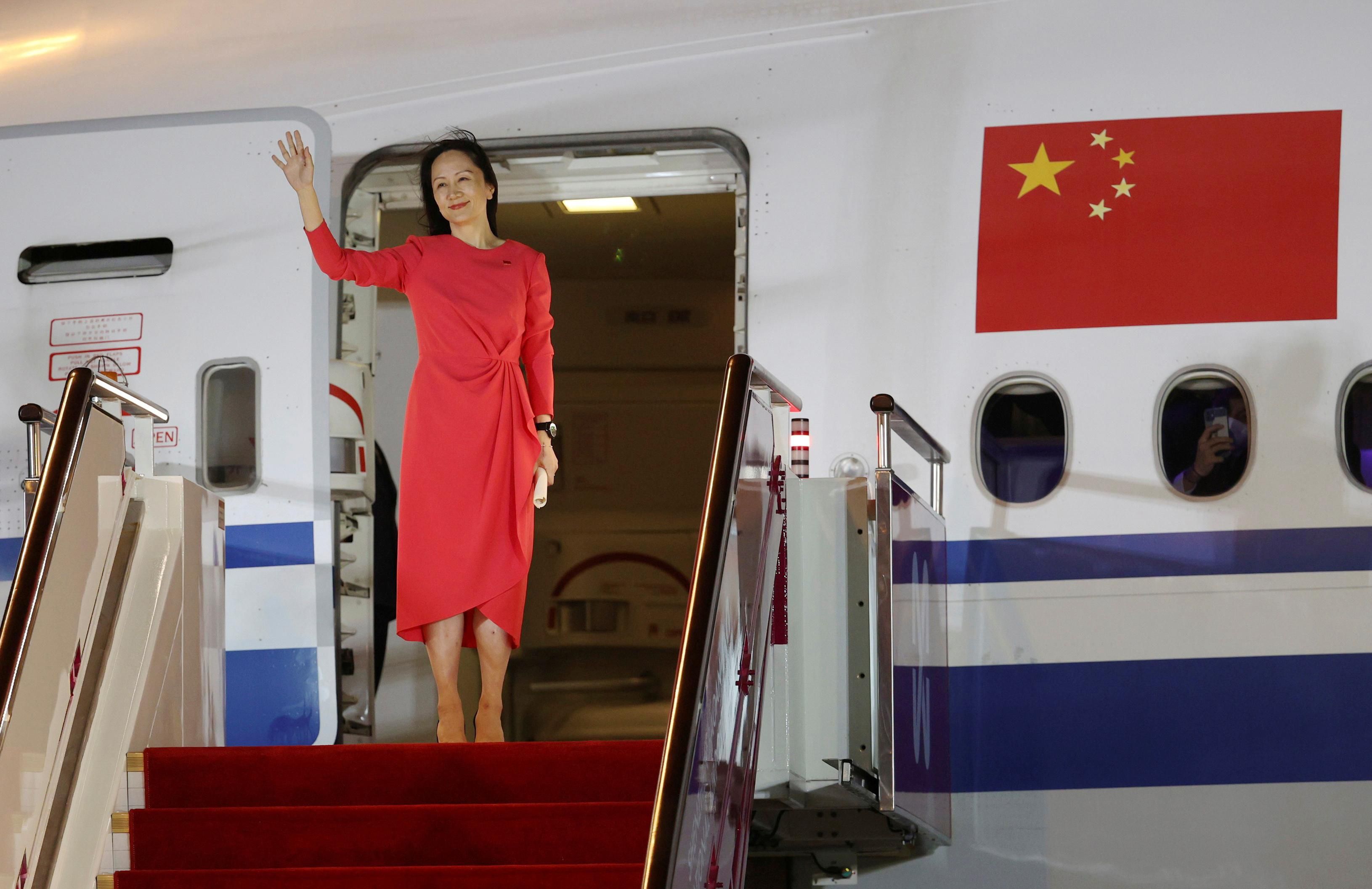What We're Watching: China and Canada's hostage diplomacy, Biden's big week, Lebanon's blast investigation on hold
China and Canada's hostage diplomacy: In 2018, Canada arrested Huawei top executive Meng Wanzhou because US authorities wanted to prosecute her for violating Iran sanctions. China responded by arresting two Canadians, Michael Kovrig and Michael Spavor, in what looked like a tit-for-tat. Over the weekend, Meng and the "Two Michaels" were all freed to return to their home countries as part of a deal evidently brokered by Washington. The exchange removes a major sore spot in US-China and Canada-China relations, though we're wondering if establishing the precedent of "hostage diplomacy" with China, especially in such a prominent case, is a good one for anyone involved.
Biden's killer week in Congress: Two huge congressional tests of President Joe Biden's agenda loom this week. First, the US Senate looks set to vote on a House-passed bill that would raise the debt ceiling to continue funding the federal government. But Senate Republicans who oppose a higher debt limit have pledged to block the bill by filibuster, a procedural tactic that Democrats can't stop on their own. If the GOP follows through on this threat, the US federal government could shut down as soon as Friday and face a potentially cataclysmic debt default by mid-October. On Thursday, the House votes on a $1 trillion infrastructure package that's now tearing the Democratic Party apart. Although the bill was hammered out by Dems and Republicans, and — crucially — has the support of Democrat moderates in the Senate, progressive Democrats say they won't support it unless they get to vote on a much larger $3.5 trillion expansion of the social safety net. Republicans andthe Democratic moderates oppose that bill. The political stakes, for Biden and both parties, are enormous.
Lebanon's port inquiry stalled: Lebanese politicians have put the state's investigation into the Beirut port blast that killed more than 200 people last year on hold by filing a motion to have the overseeing judge removed from the case. One lawmaker accused Judge Tarek Bitar of "double standards" while conducting the investigation, but critics say Lebanon's political elite, including former PM Hassan Diab, simply wants to remove a judge who is serious about calling them to account for corruption and negligence. This latest ploy comes after parliamentarians dismissed the previous judge with accusations that he couldn't be impartial because the blast damaged his house. Many victims' families say that ousting judges is only one way that corrupt Lebanese officials have dodged responsibility and obstructed investigations into the explosions. Meanwhile, Lebanon's social and economic crises continue to deepen.
